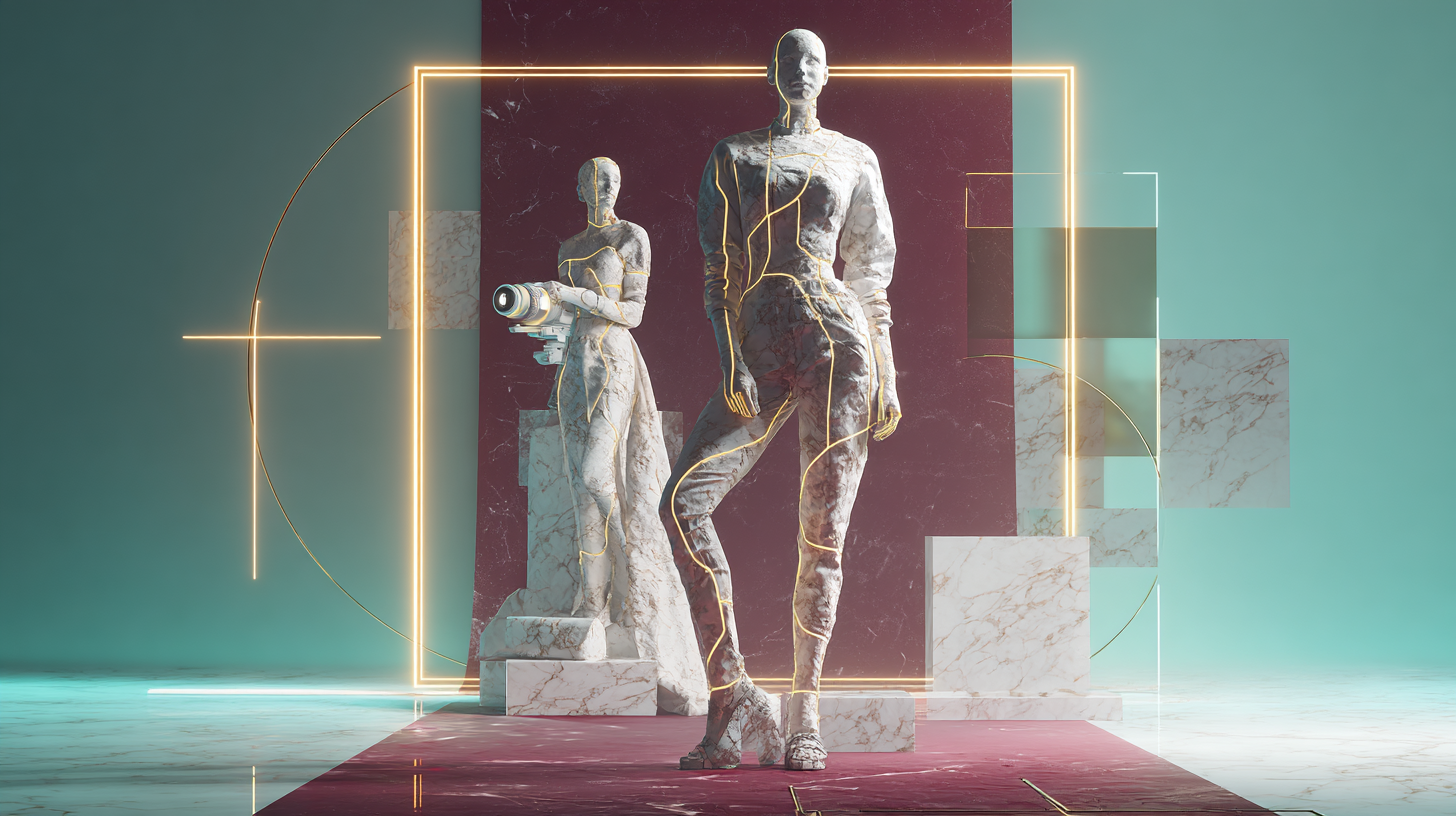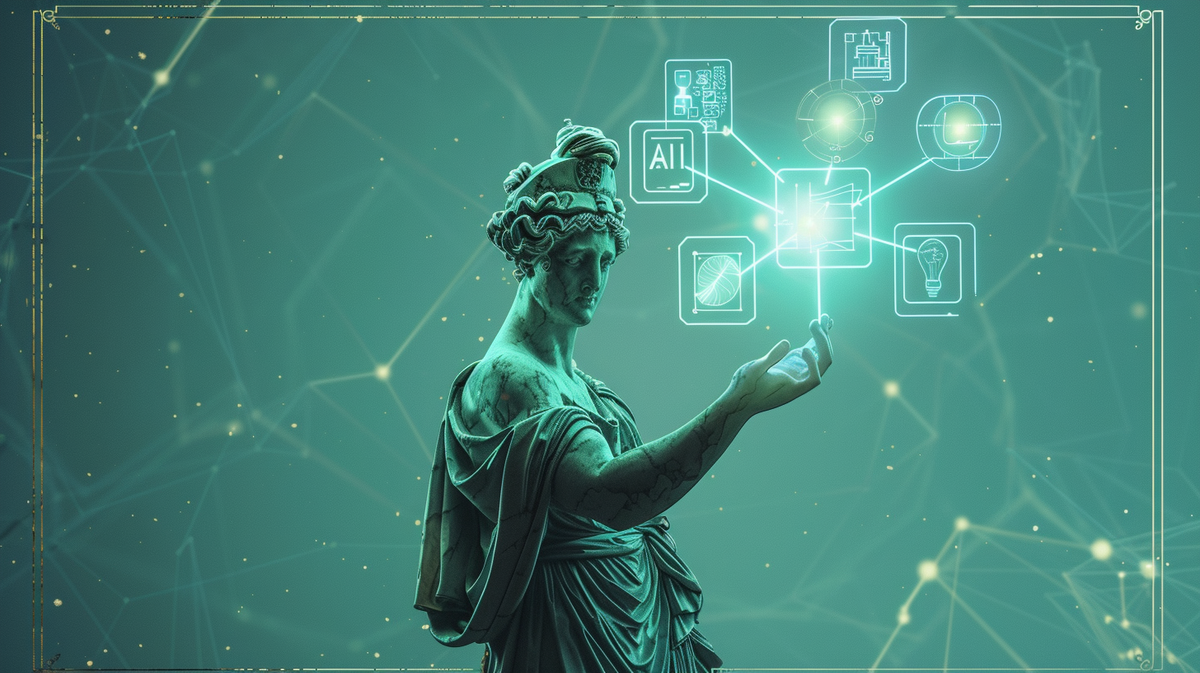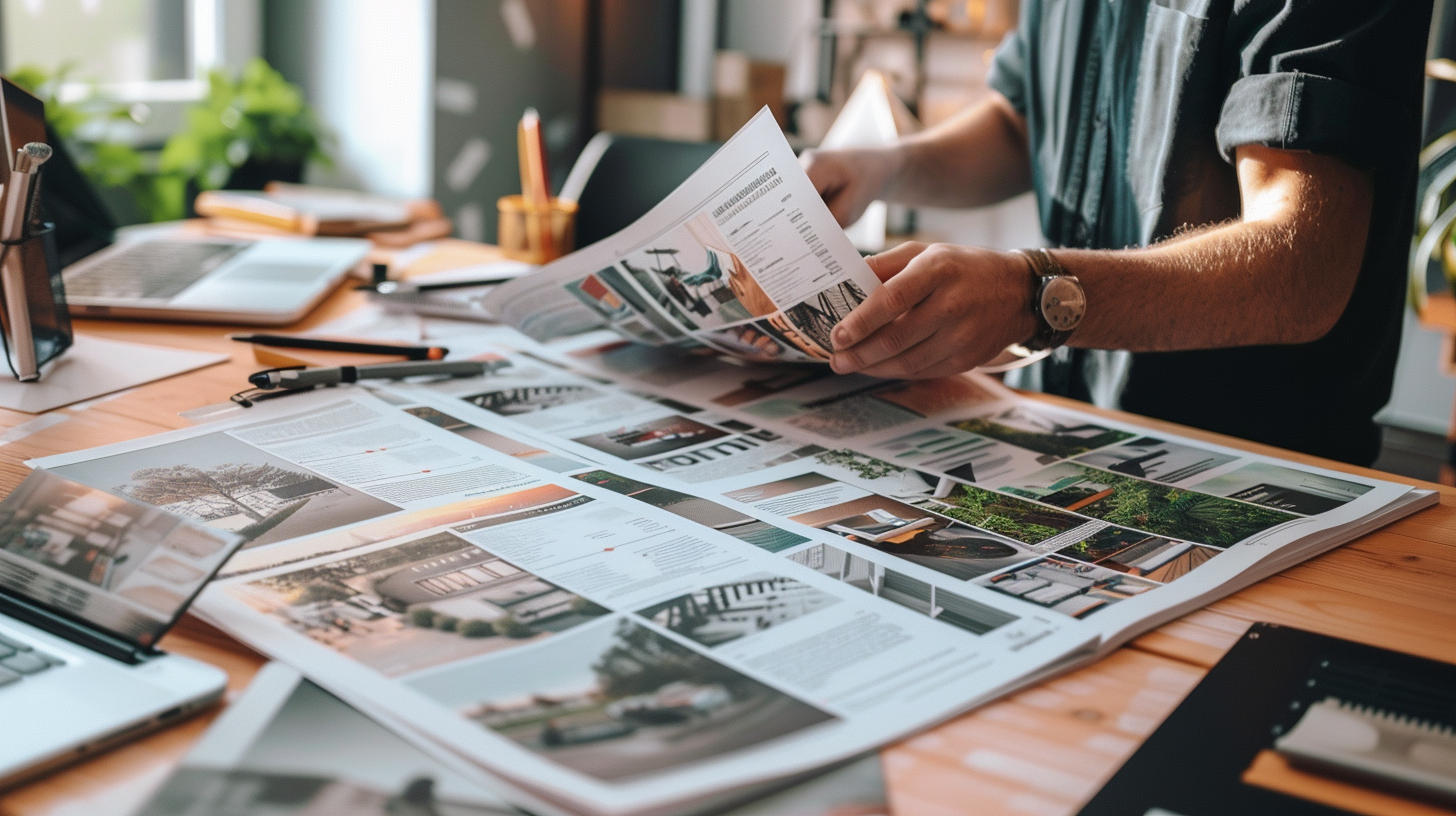Artificial Intelligence (AI) has become a cornerstone of transformation in various industries, with the AI in fashion industry being one of the most exciting developments. The introduction of AI-generated fashion models has revolutionized the way fashion brands create visual content, from product imagery to full-fledged marketing campaigns. These digital models are reshaping the landscape of fashion marketing by offering greater flexibility, diversity, and cost-effective solutions for global fashion brands.
With AI-powered models, brands can now showcase their products with unparalleled precision and creativity. These AI-generated fashion models can embody any desired look, breaking down barriers related to diversity and physical constraints, while offering consistent production cycles. Brands are beginning to realize the vast potential of these models, which present a new dimension for creative expression in fashion.
In this blog, we explore how AI-generated fashion models are changing the way fashion brands approach visual production and what the future holds for the level of model in artificial intelligence.
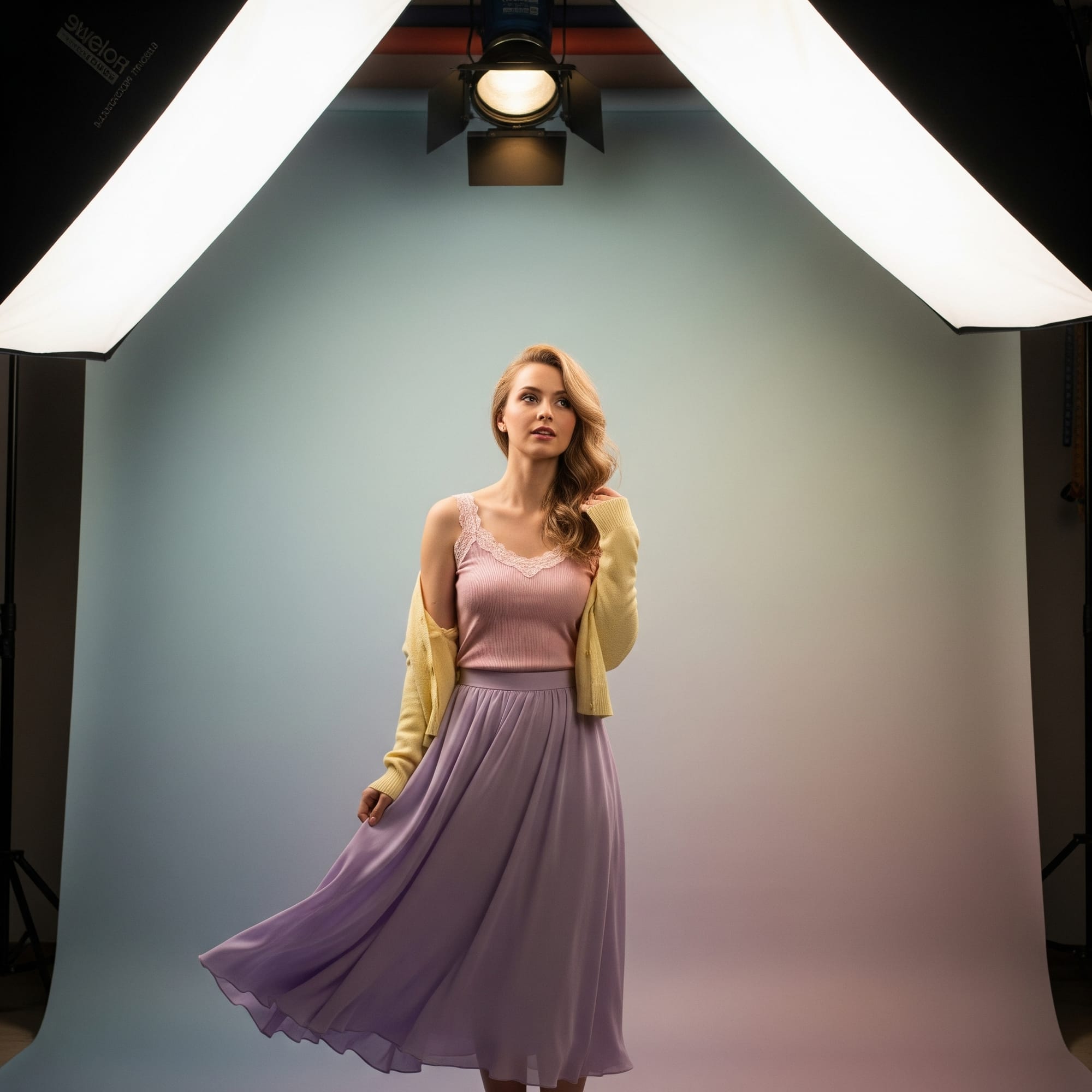
1. The Rise of AI-Generated Fashion Models in the Fashion Industry
The AI in fashion industry has advanced to the point where AI-generated fashion models are now part of many brands’ digital strategy. These virtual models are created using AI algorithms that simulate human-like features and movements, producing hyper-realistic images that align with a brand’s creative vision. Unlike traditional models, these digital avatars are fully customizable, giving brands complete control over every aspect, from skin tone to facial features to body types.
By using AI-generated fashion models, brands can scale their campaigns faster and in a more cost-effective manner, cutting down on photoshoots, logistics, and time-consuming editing processes. The level of model in artificial intelligence has reached a point where these digital avatars can now serve as influencers, in some cases even surpassing their human counterparts in terms of engagement and audience reach.
2. Customization and Flexibility in Digital Fashion Content
One of the primary advantages of AI-generated fashion models is their customizability. Fashion brands can tailor these virtual models to fit specific campaigns, target audiences, or even unique brand aesthetics without needing to book multiple photoshoots. The level of model in artificial intelligence allows brands to create diverse looks that appeal to various markets, adjusting everything from body types to hairstyles, all with the click of a button.
As AI technology evolves, these models are able to perform a wider range of activities, from runway walks to interactive product showcases. This opens up endless possibilities for marketers, who can use AI-generated fashion models to produce content at speed and scale, ensuring that campaigns are fresh and relevant to shifting trends.
3. Reducing Costs and Time in Fashion Campaigns
Fashion brands traditionally face high costs and logistical challenges when it comes to visual production. AI in fashion industry is changing that by providing a more sustainable and affordable alternative. Instead of booking models, photographers, stylists, and venues, brands can create realistic images using AI-generated models in digital environments.
This dramatically reduces production costs and allows brands to maintain a consistent flow of marketing material without the need for expensive photoshoots. For brands running multiple campaigns or product drops throughout the year, the efficiency of AI-generated models offers a level of cost-effectiveness and scalability that traditional methods simply cannot match.
Additionally, AI-generated fashion models allow for quicker turnarounds, meaning brands can respond faster to market demands, with campaigns that can be updated or edited with ease, providing a competitive edge in the fast-paced fashion world.
4. Enhancing Diversity and Inclusivity in Fashion Marketing
The AI-generated fashion models also play a significant role in enhancing diversity in the fashion industry. Traditionally, fashion advertising has often been criticized for its lack of diversity, with an emphasis on a narrow beauty standard. With AI models, brands can now create inclusive campaigns that reflect a wide range of body types, ethnicities, and genders, thus promoting a more realistic and relatable image of beauty.
AI technology gives fashion brands the freedom to develop visuals that resonate with different demographics, allowing them to break down barriers related to race, size, and gender. The level of model in artificial intelligence has progressed to the point where these models are not only a reflection of idealized beauty but a representation of the rich diversity of the global fashion market.
5. AI in Virtual Fashion Shows and E-Commerce Platforms
As digital spaces continue to grow in importance, AI-generated fashion models are making a big impact in virtual fashion shows and e-commerce platforms. Virtual shows powered by AI models allow brands to create immersive and innovative experiences that showcase their collections to a global audience without the need for physical venues or models. The AI in fashion industry has opened the door to futuristic fashion events, where digital models and augmented reality combine to create unparalleled virtual runway experiences.
On e-commerce platforms, AI-generated models are enhancing shopping experiences by allowing consumers to visualize products on a variety of digital avatars, making the shopping journey more personalized and engaging. This integration of AI technology improves not just marketing and advertising, but also the entire consumer experience.
Conclusion
The rise of AI-generated fashion models is changing the visual production landscape for global fashion brands. By offering an unprecedented level of customization, flexibility, and inclusivity, these virtual avatars are transforming the way brands communicate with consumers. With the rapid advancement of AI in fashion industry, the level of model in artificial intelligence is bound to continue improving, making it an essential tool for fashion marketing and brand engagement.
As brands look to stay ahead of trends and respond to fast-changing markets, embracing AI-generated models could very well be the key to maintaining relevance and building lasting connections with diverse audiences.
Ready to harness the power of AI-generated models for your brand?
Let’s bring your brand’s vision to life with cutting-edge digital models that drive engagement and innovation.
Take your fashion campaigns to the next level.
Partner with Wunderkint today
